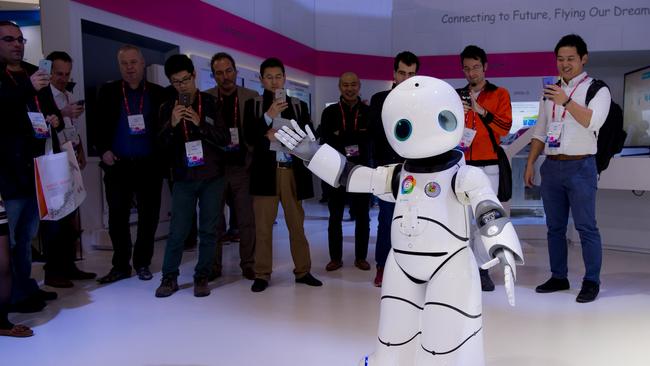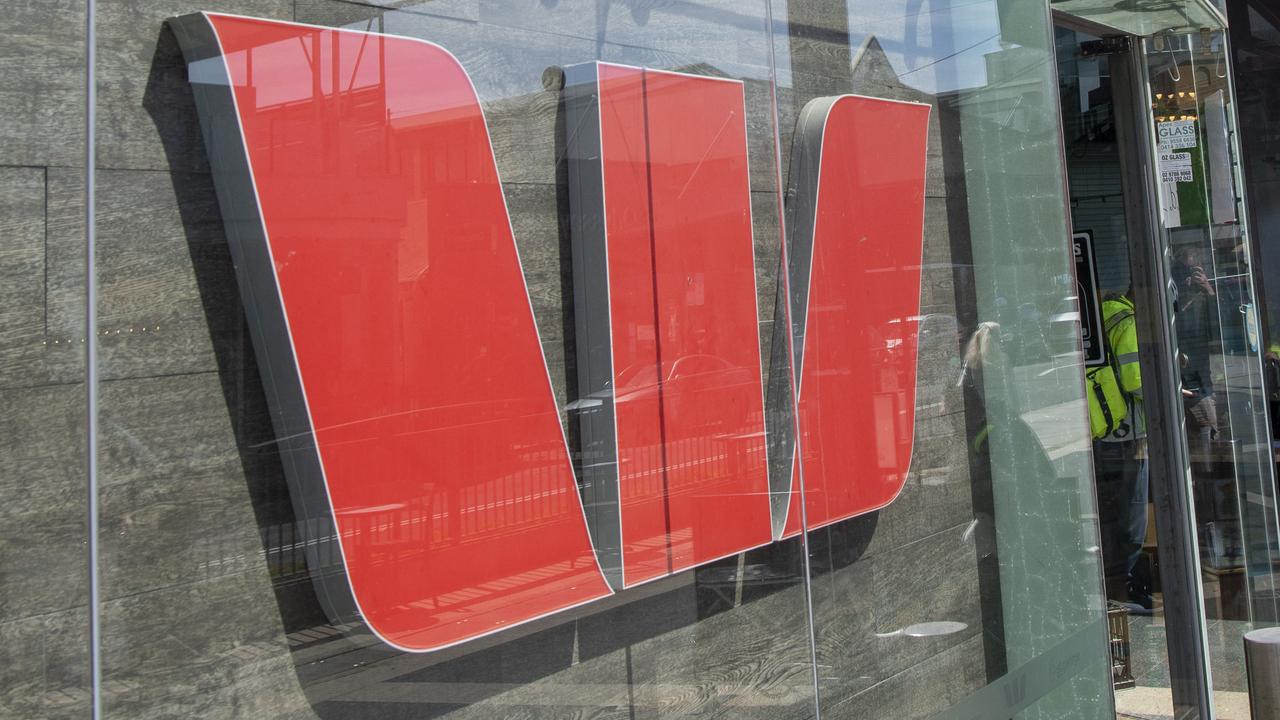Job losses to robots will cause backlash
IT’S not just low-skilled jobs that are vulnerable to automation. A lot of university-educated workers are about to go to war with robots.

Careers
Don't miss out on the headlines from Careers. Followed categories will be added to My News.
AUTOMATION and robotics will put large numbers of service sector jobs at risk but companies seeking to embrace the change will face “serious” resistance, Virgin Australia chair Elizabeth Bryan says.
“Jobs in the service sector that were largely immune from job losses during the last stage of globalisation are now at risk because of these advances in robotics,” Ms Bryan told the Australian Institute of Company Directors’ governance summit in Melbourne.
“However, don’t think for a moment that boards will be able to drive waves of mass reduction in employment without very serious pushback.”
The service sector is by far the largest employer in Australia, as it is in most developed countries, and no company can afford to be left behind in the race to cut costs, she said.

It is not just low skill occupations being hit by advances in technology, with many university-educated, white collar workers about to discover their jobs are also under threat from software automation and predictive algorithms, Ms Bryan said.
“This means that education will not necessarily offer effective protection against job automation in the future,” she said.
A professional director who is also chairman of insurer IAG and recently stepped down from the board of Westpac, Ms Bryan warned no company is immune from cyber attack, and boards must be aware of their cyber security measures.
The cost of cyber attacks is more than the gross domestic product of about 160 of the 196 countries in the world, she said. “Cyber security has grown into such a mission critical function that it must come out of the technical backroom and become part of the expertise of a boardroom,” Ms Bryan said.
Originally published as Job losses to robots will cause backlash


